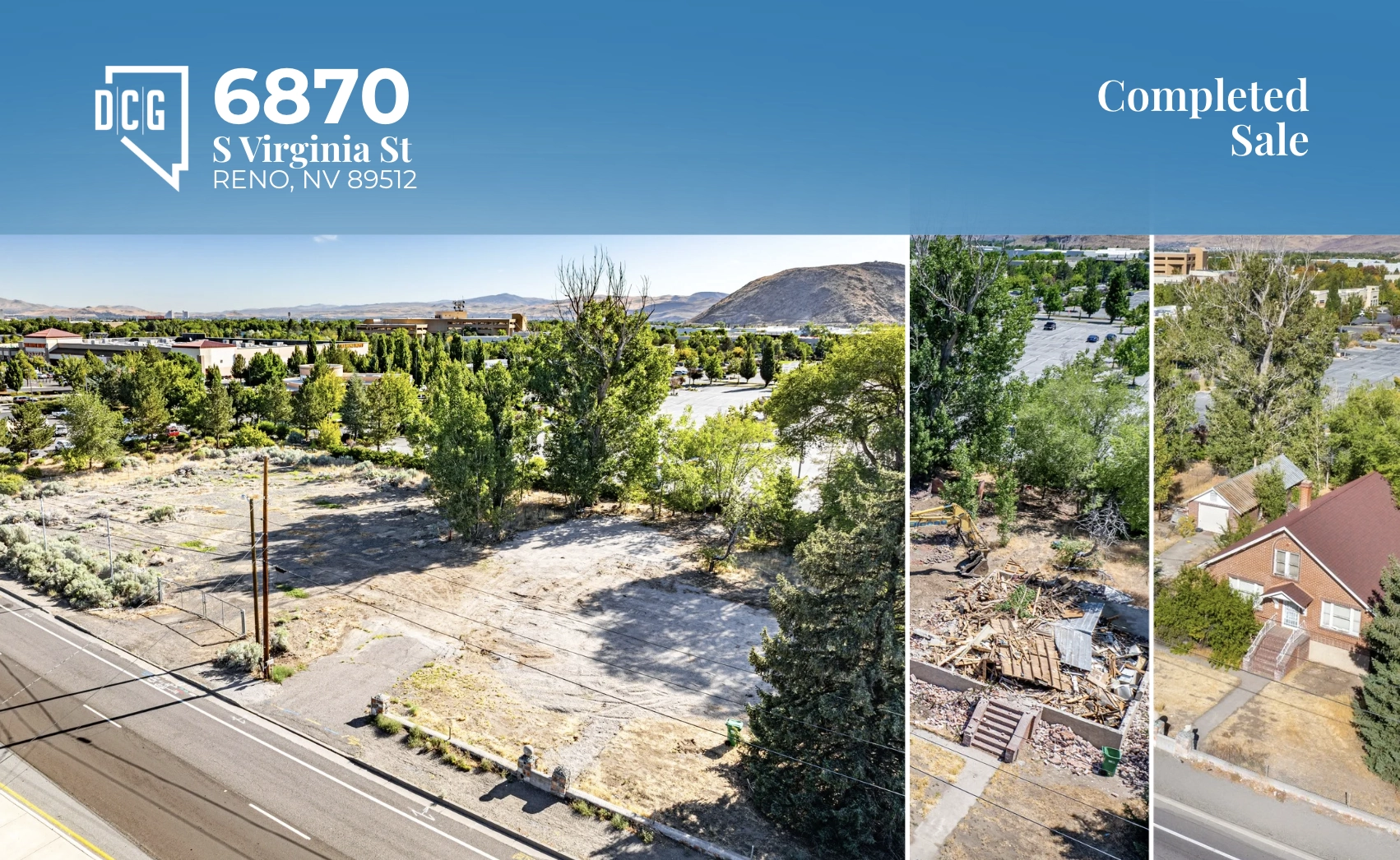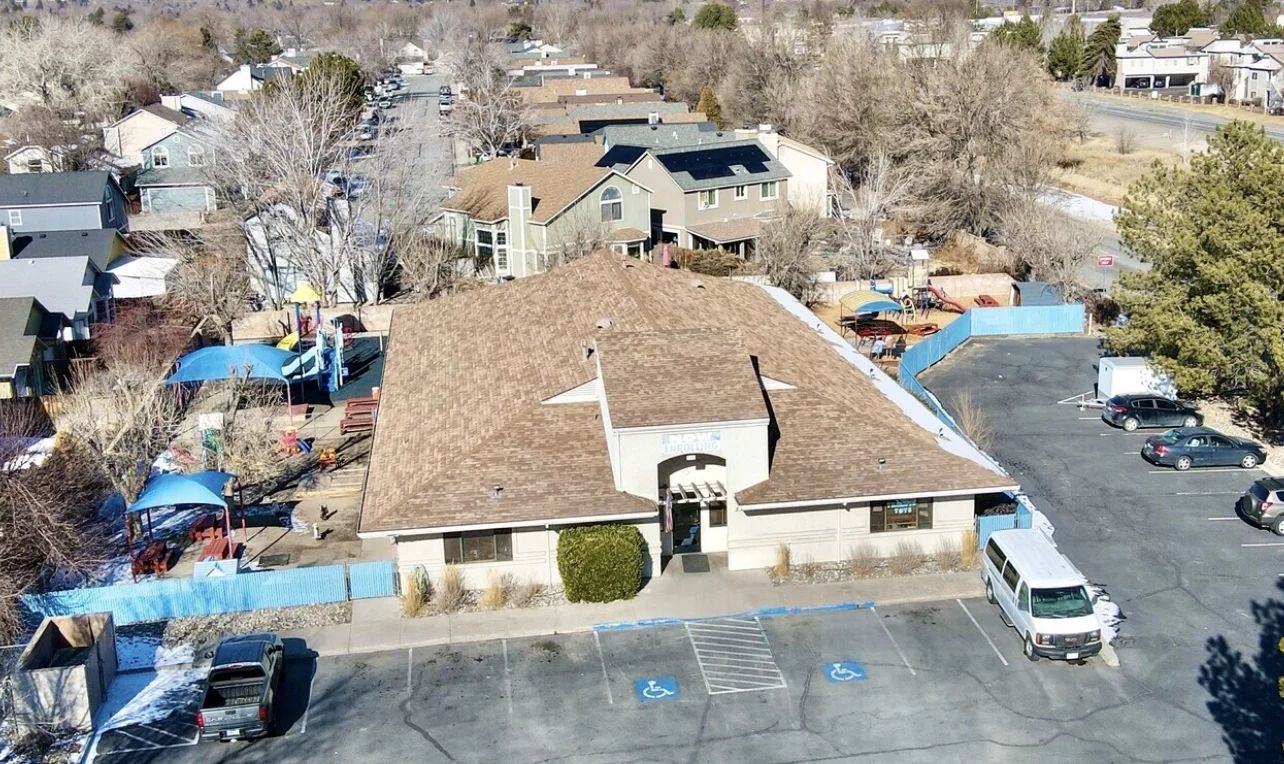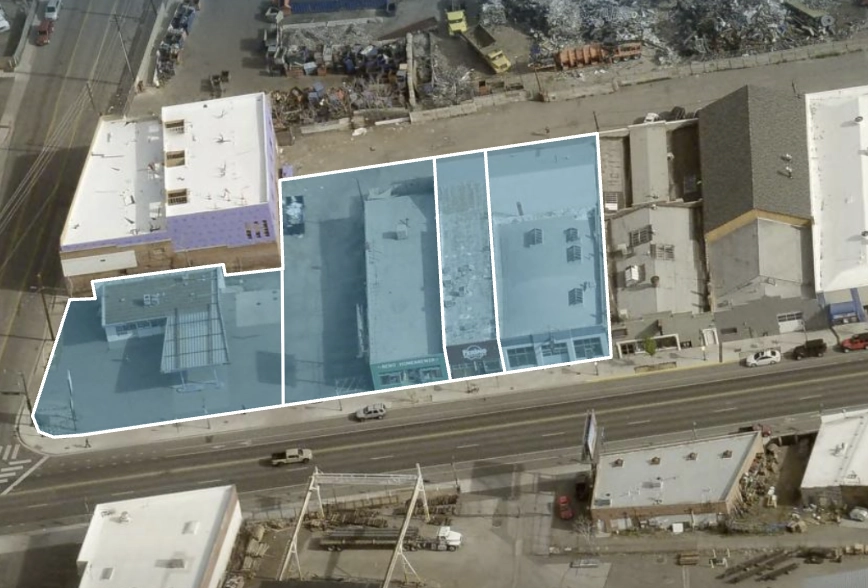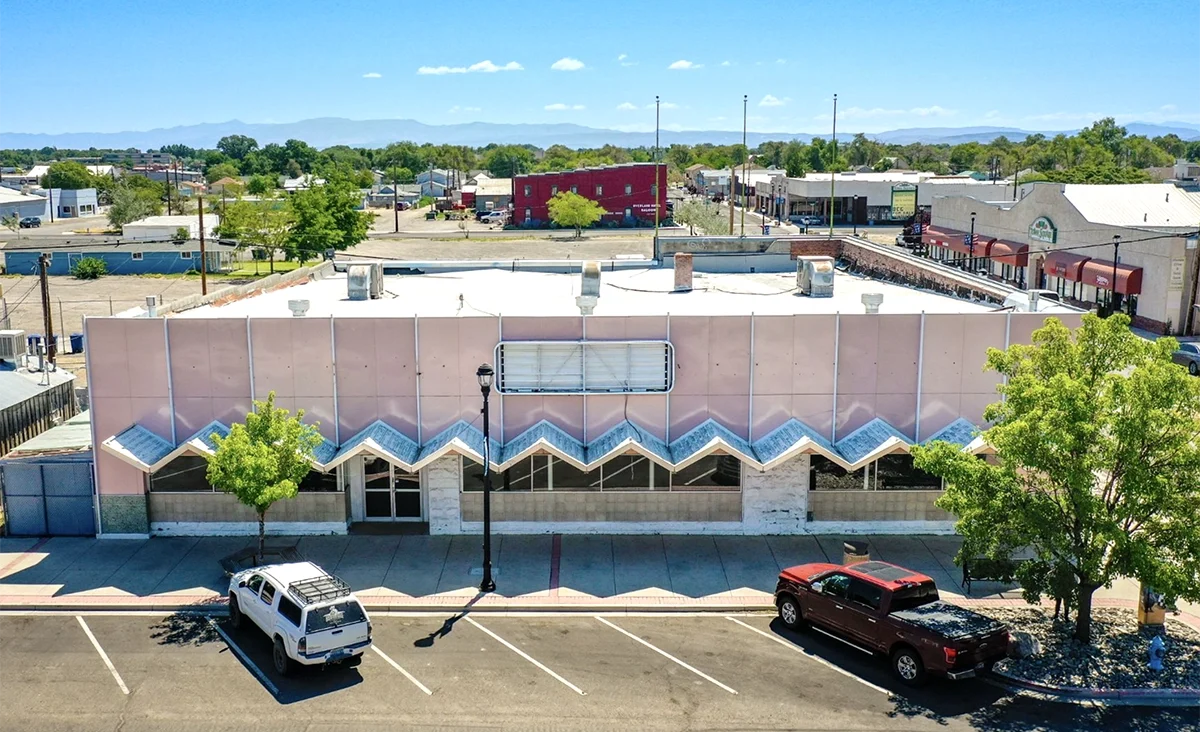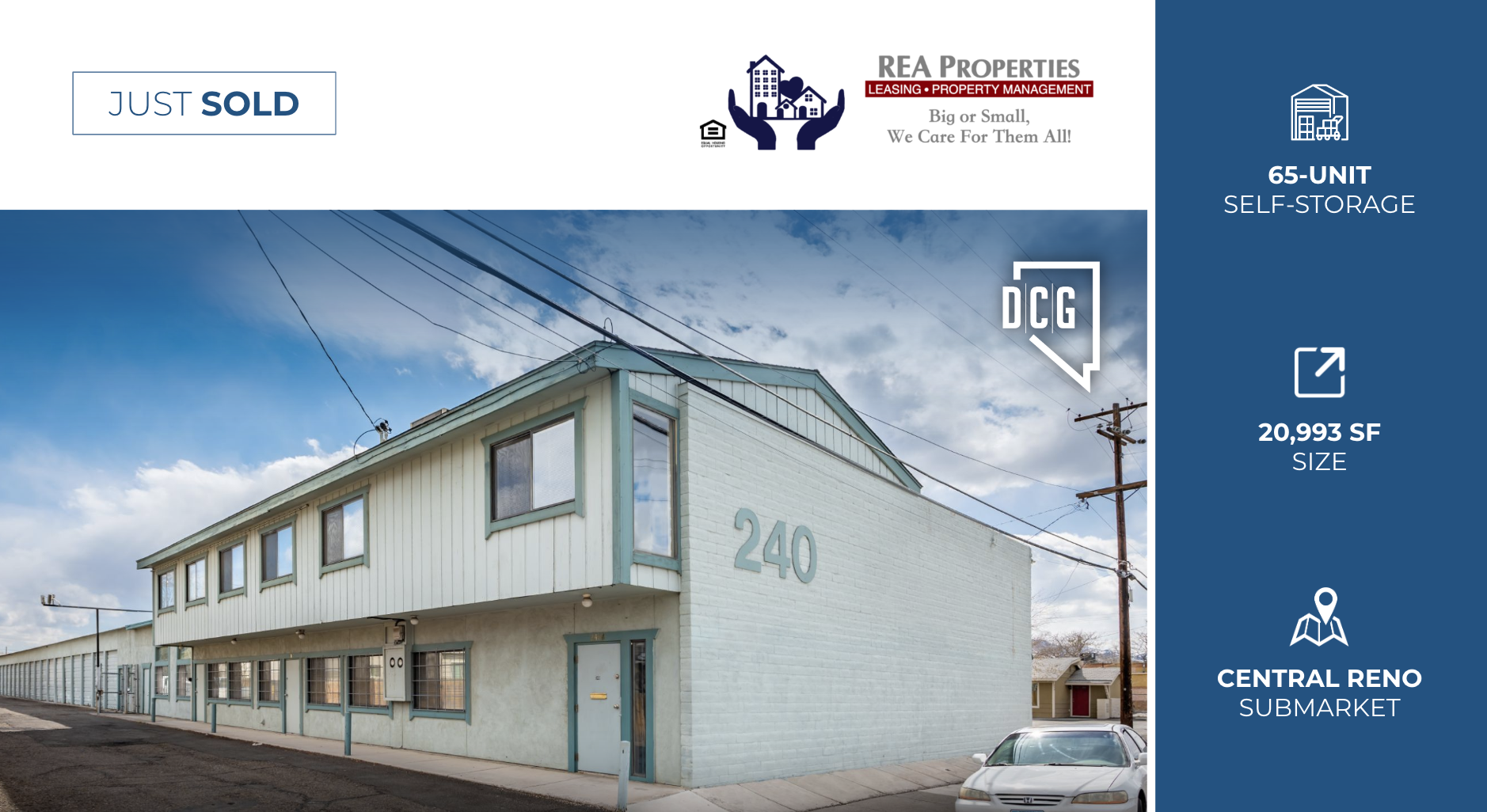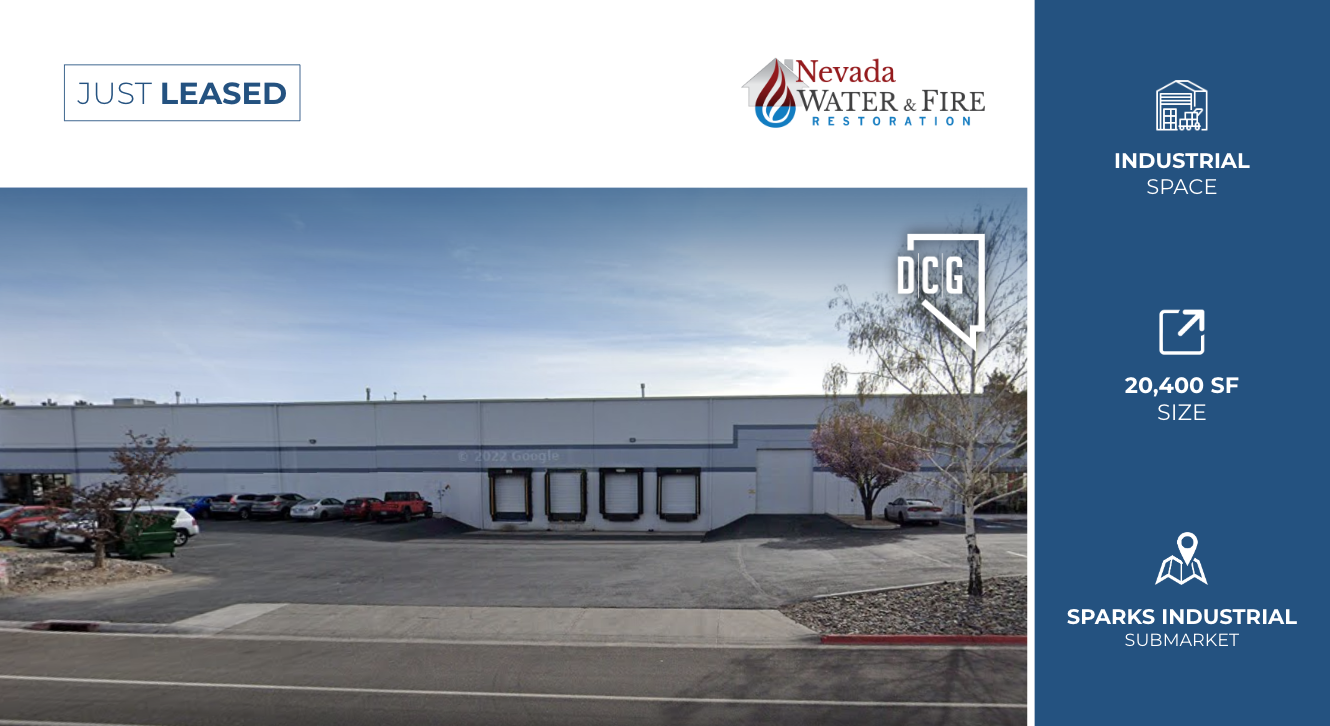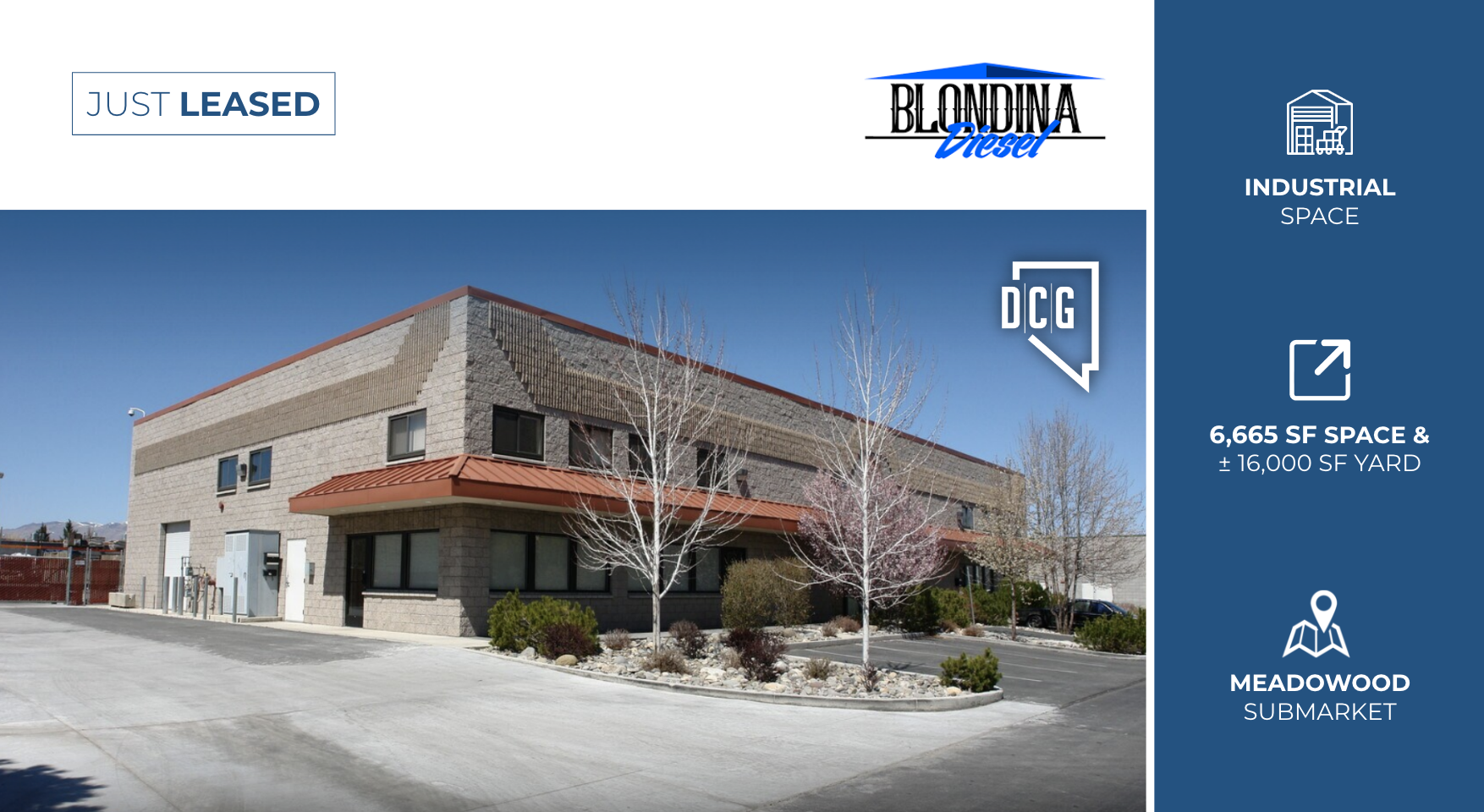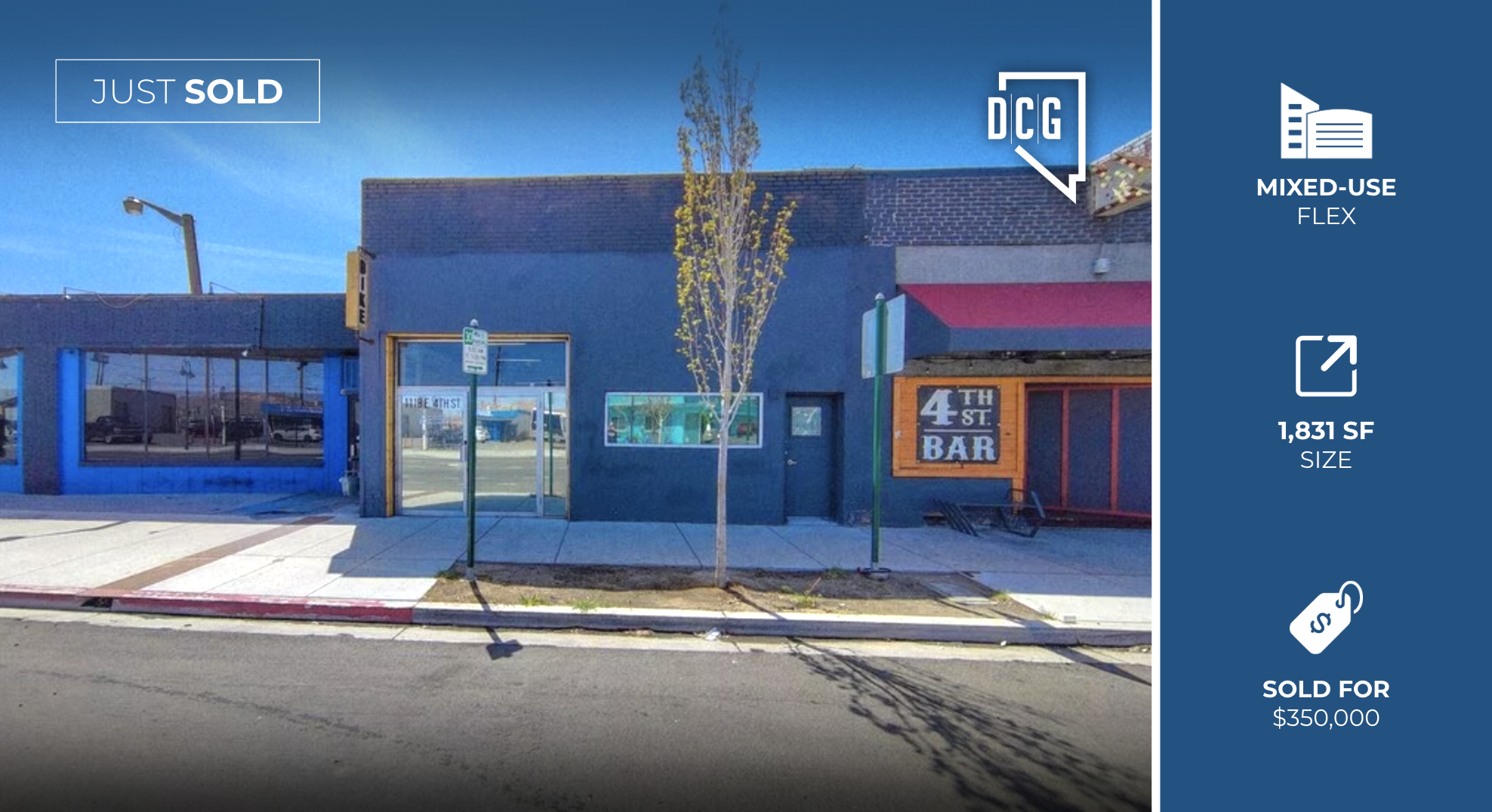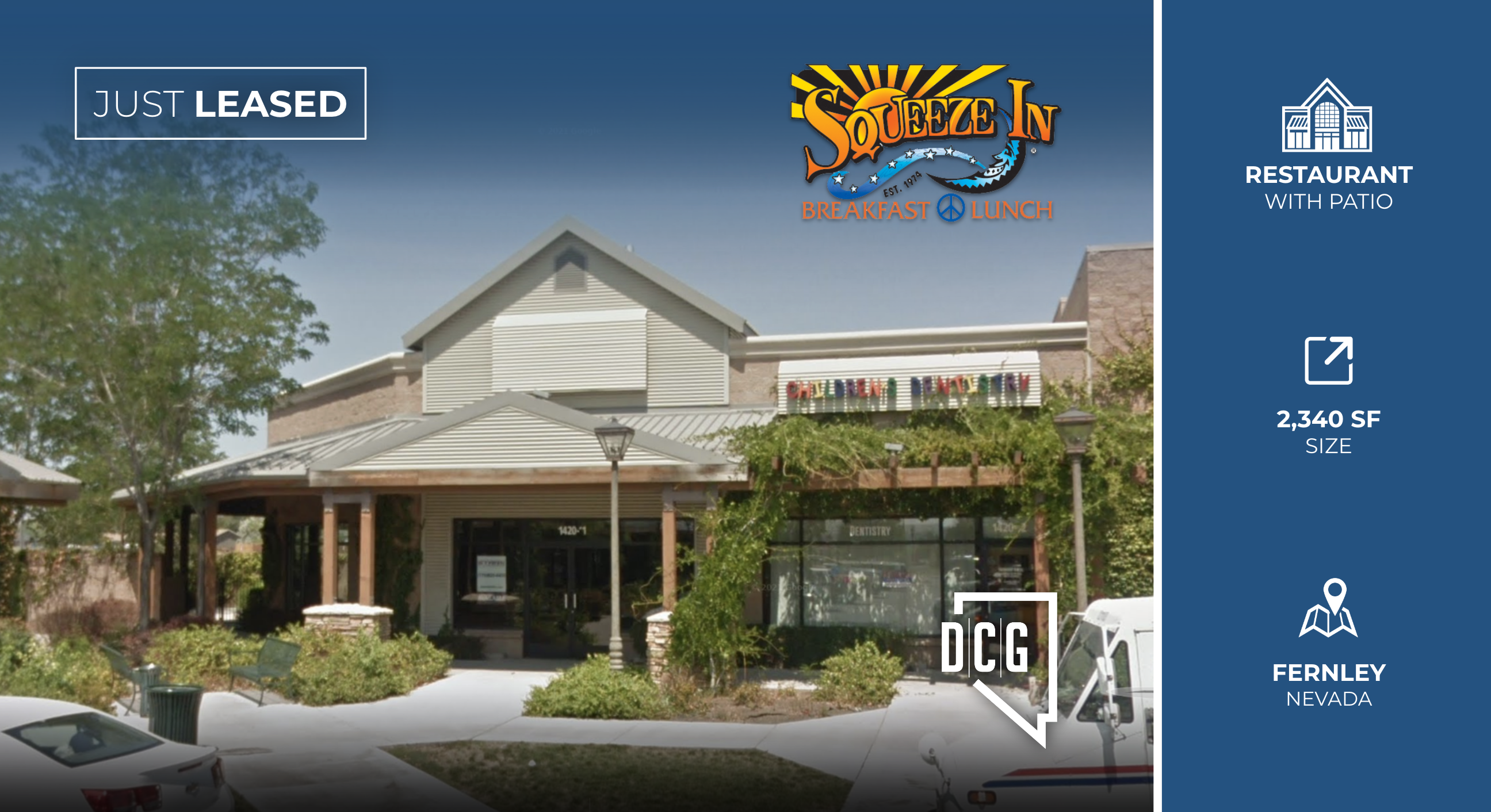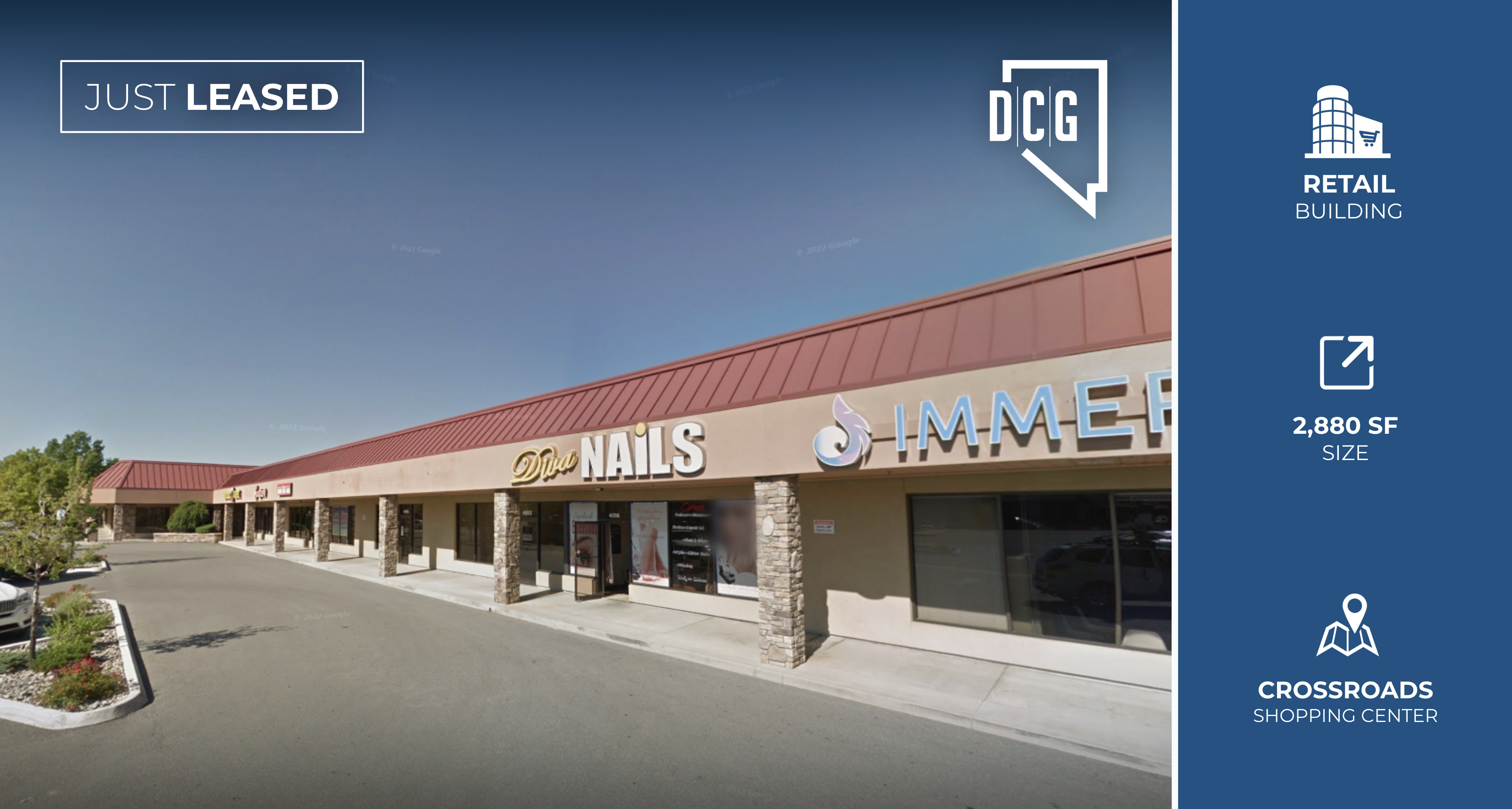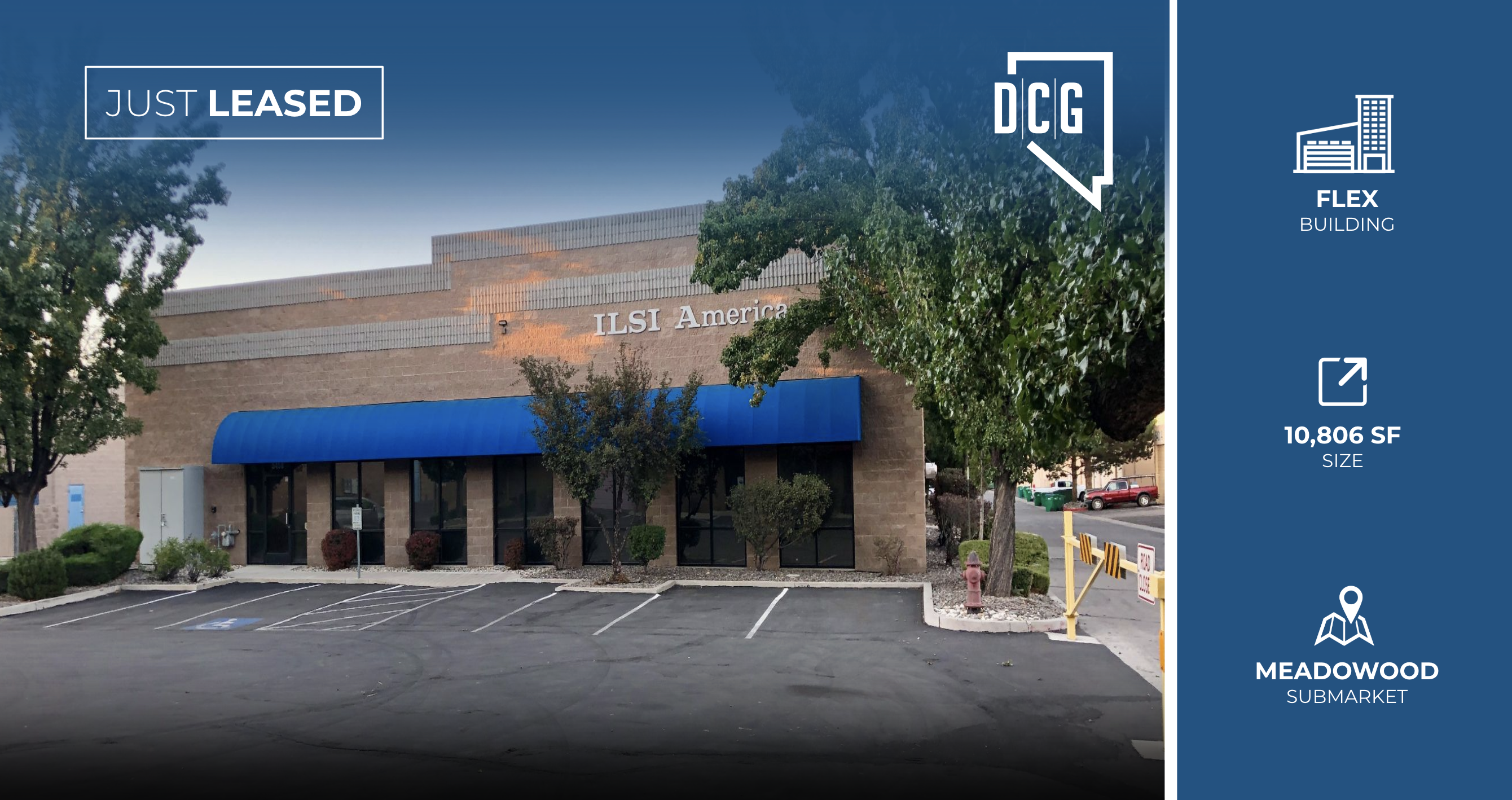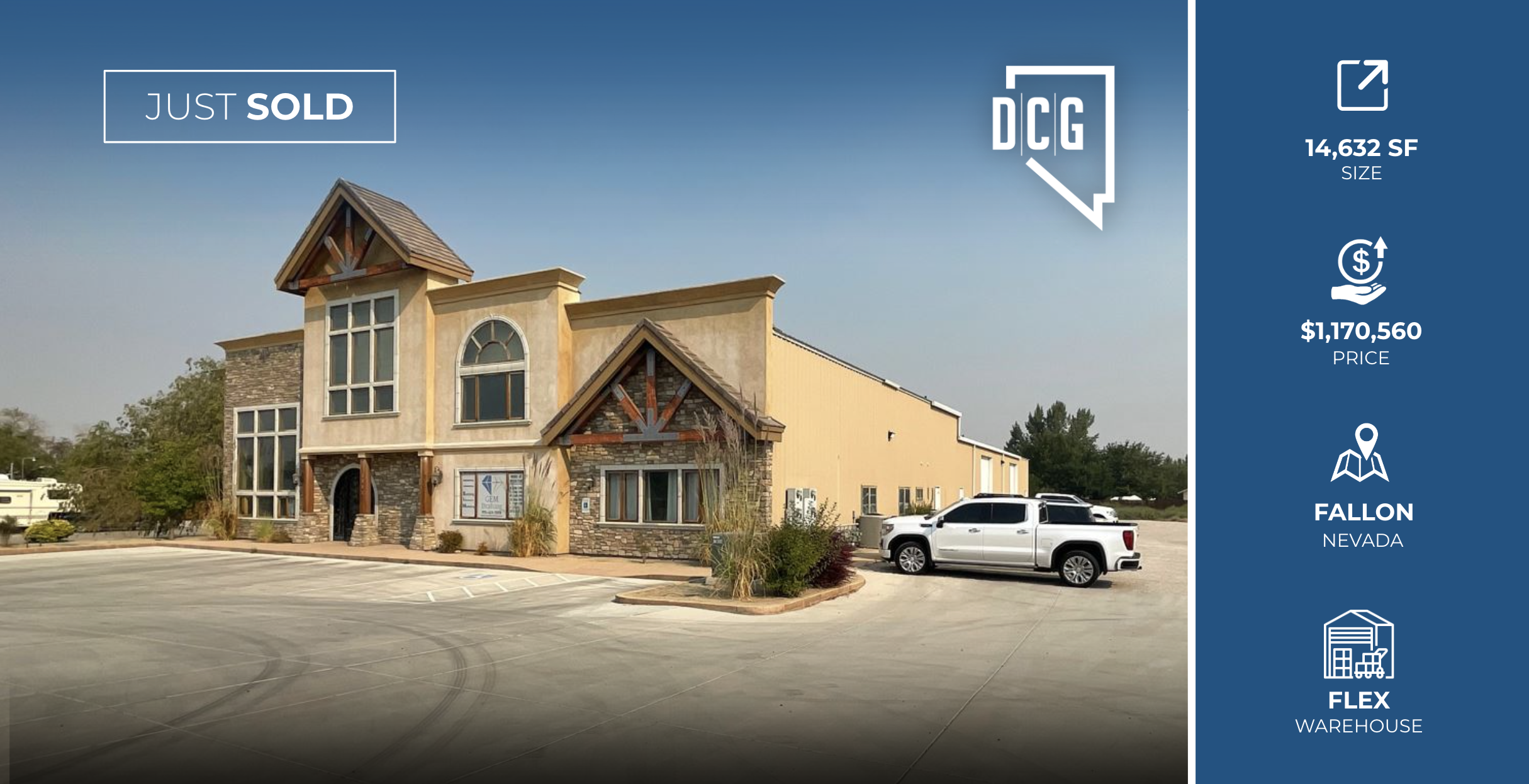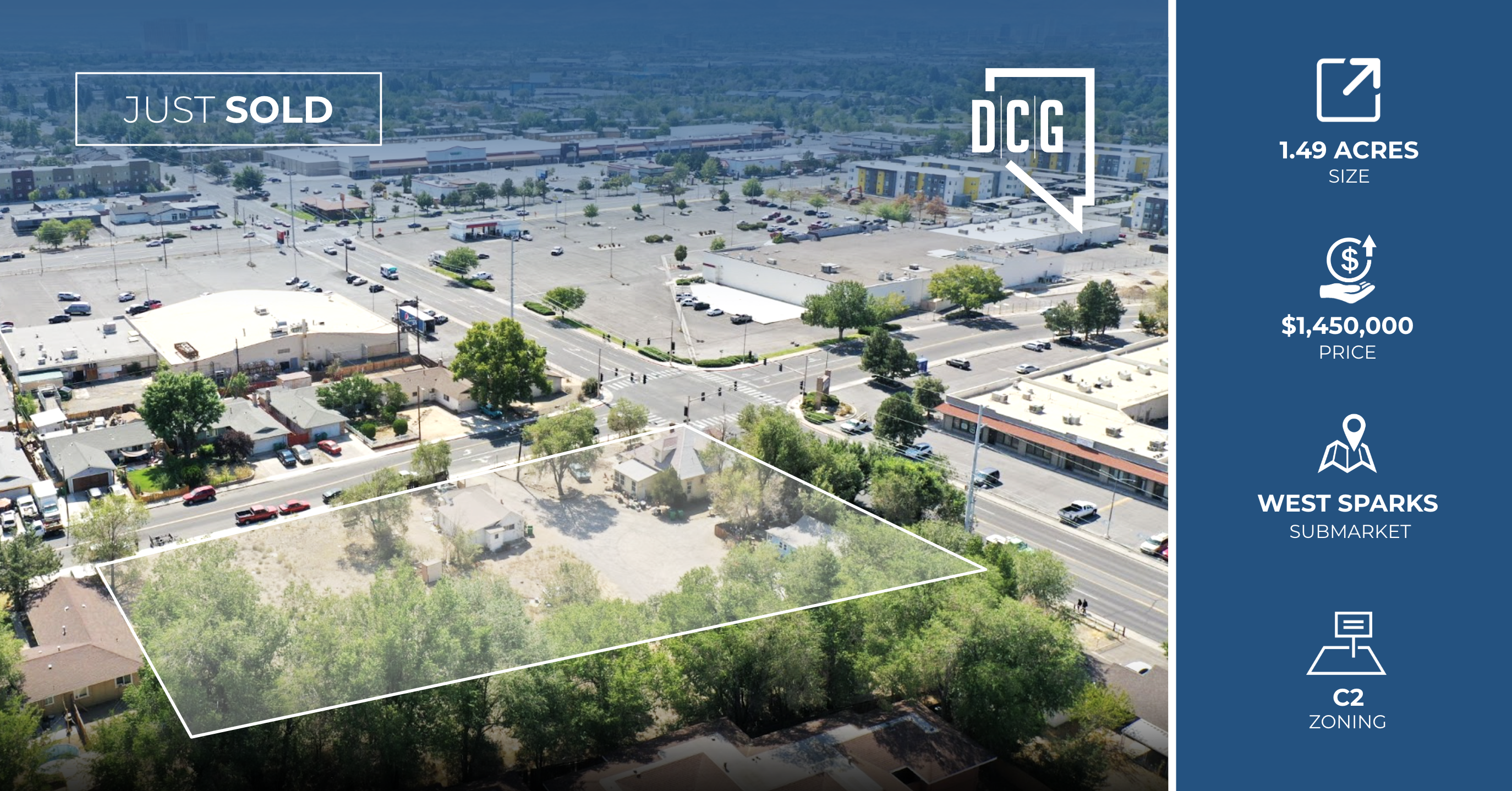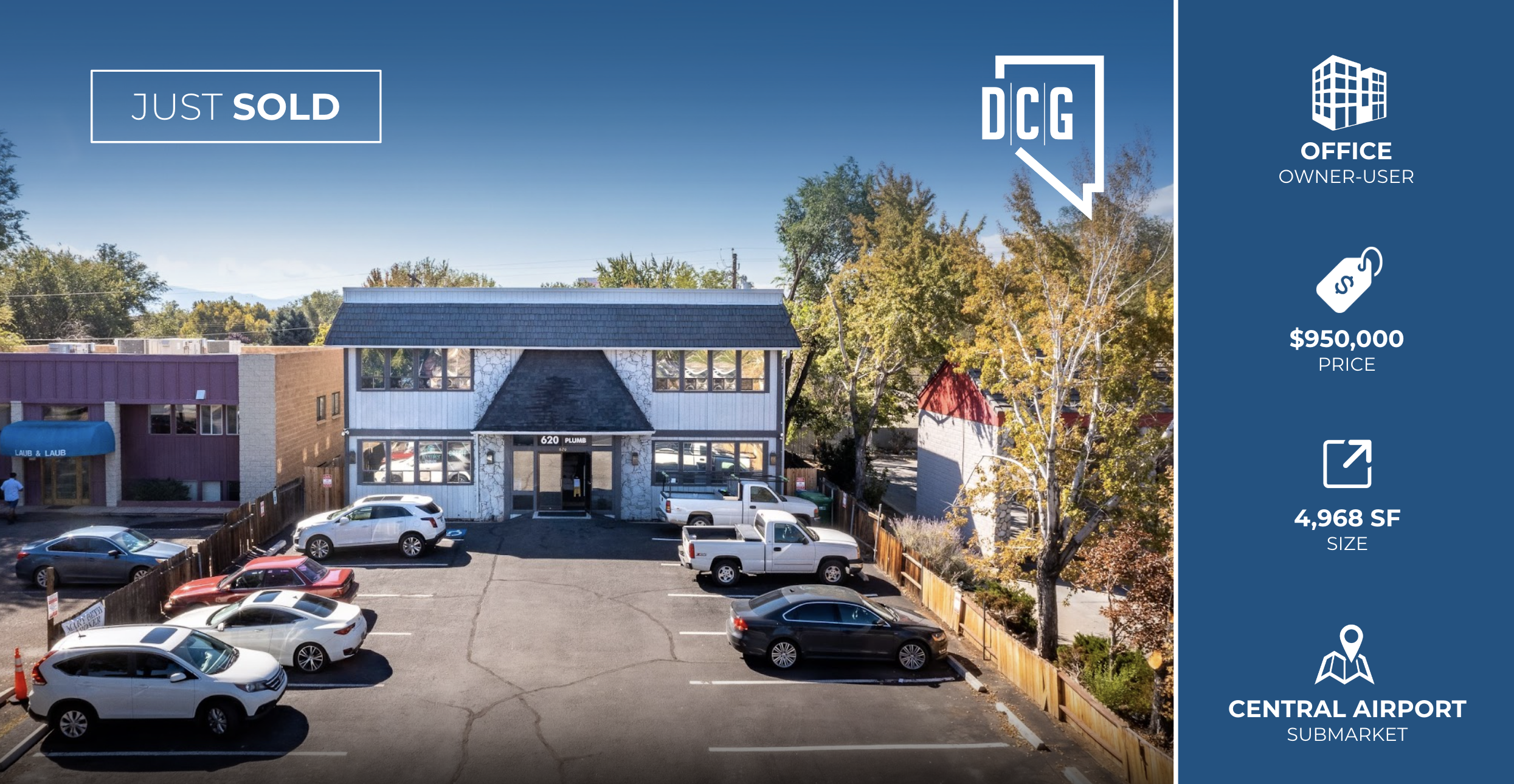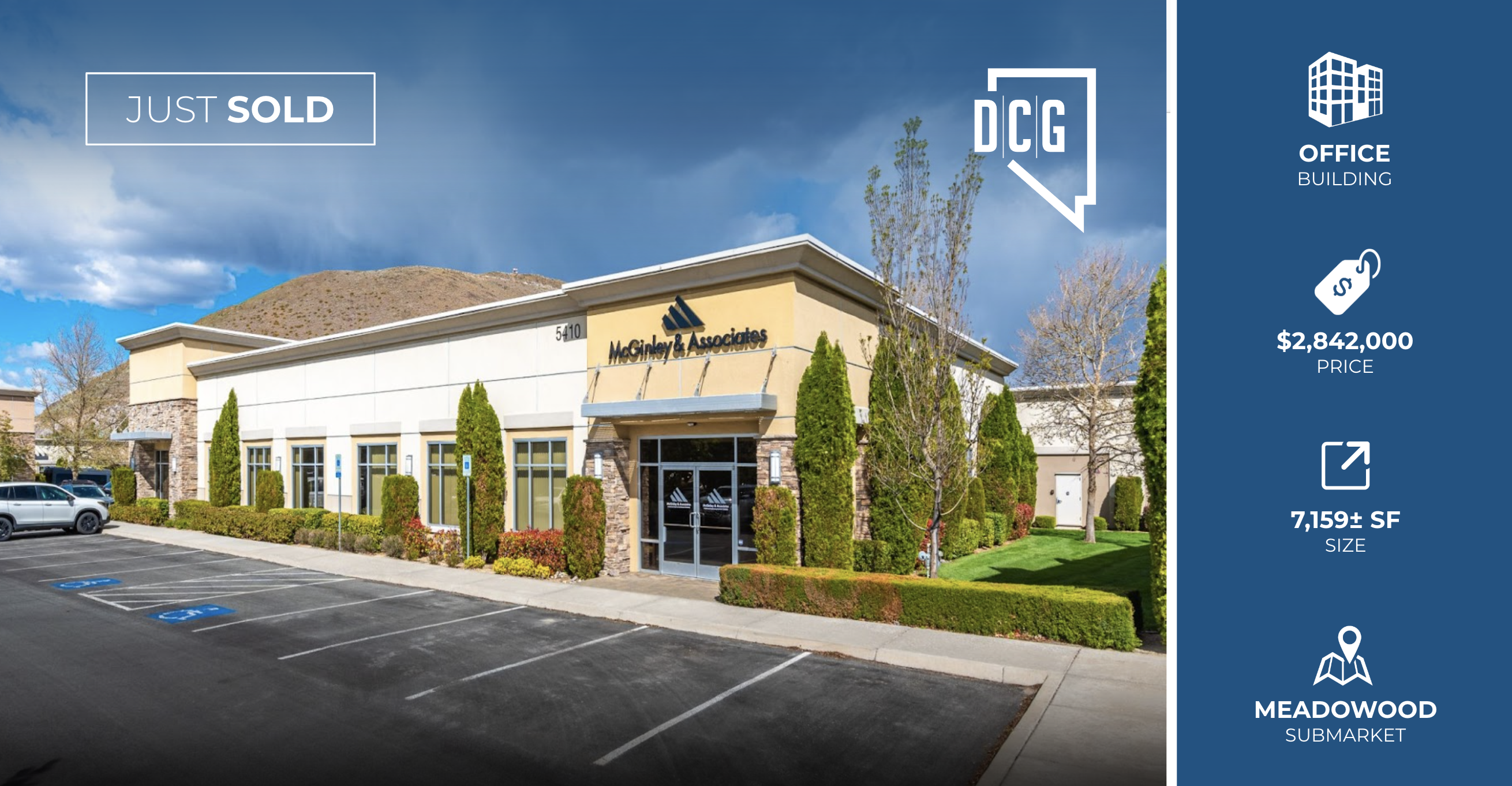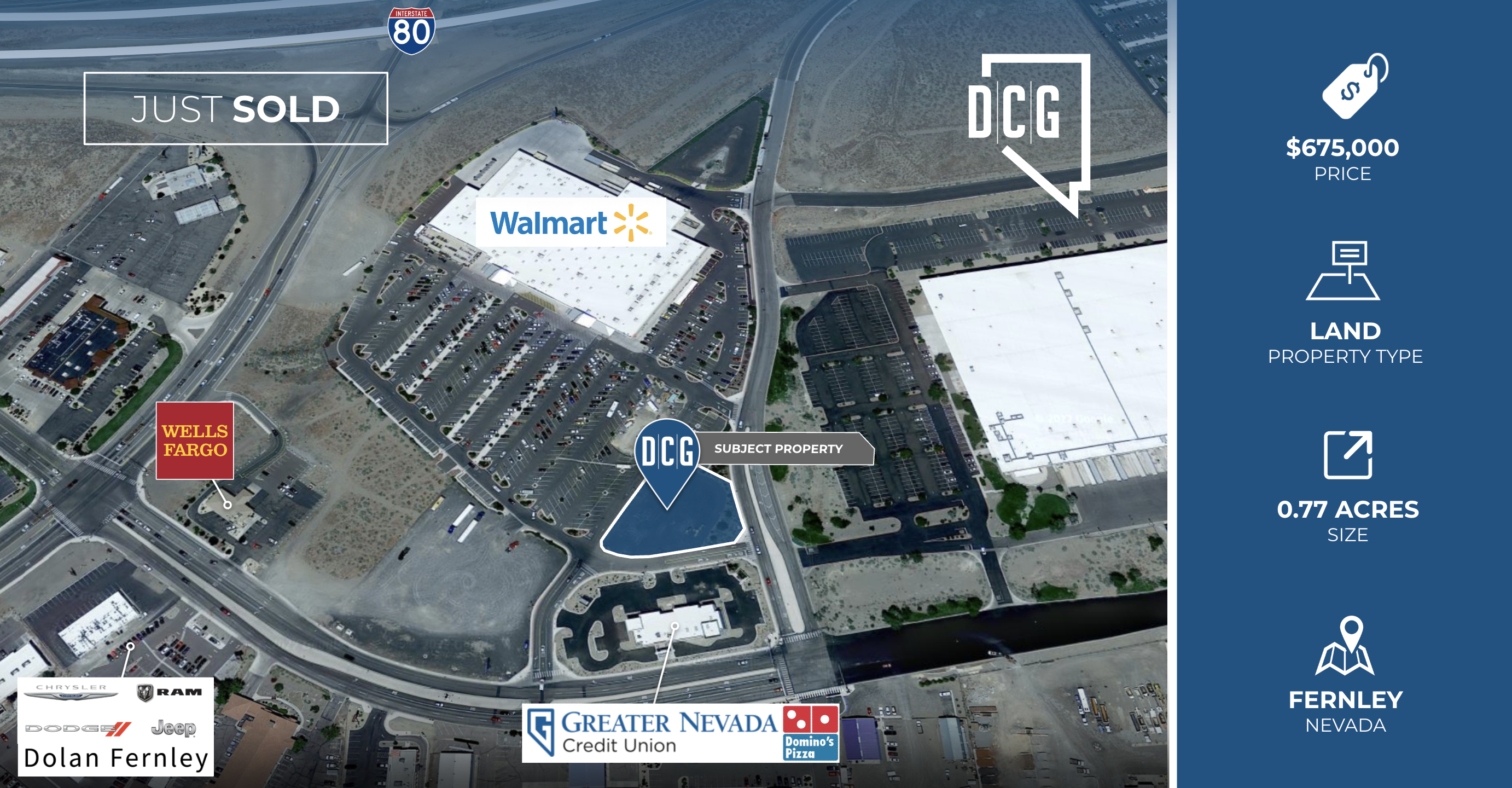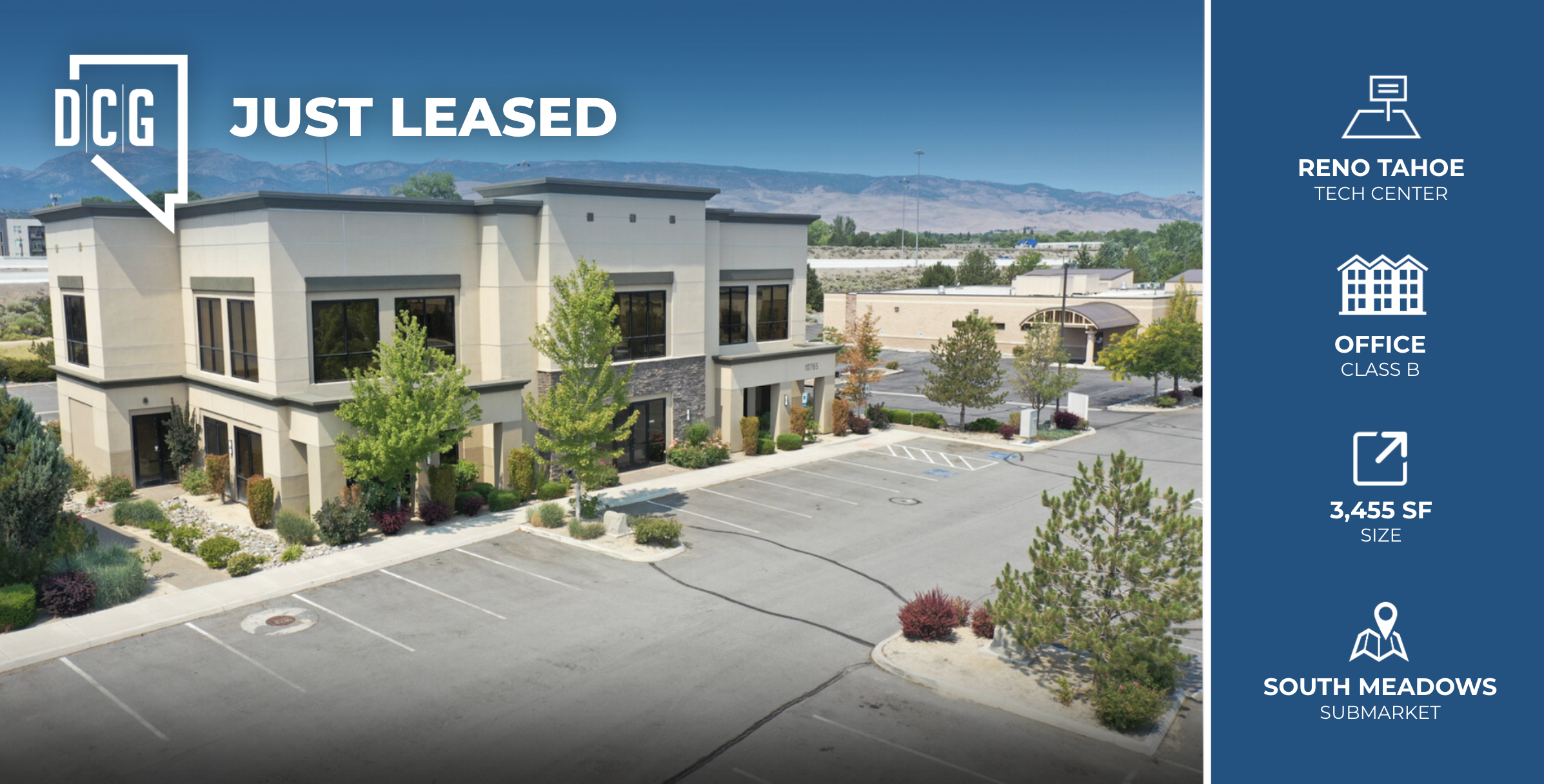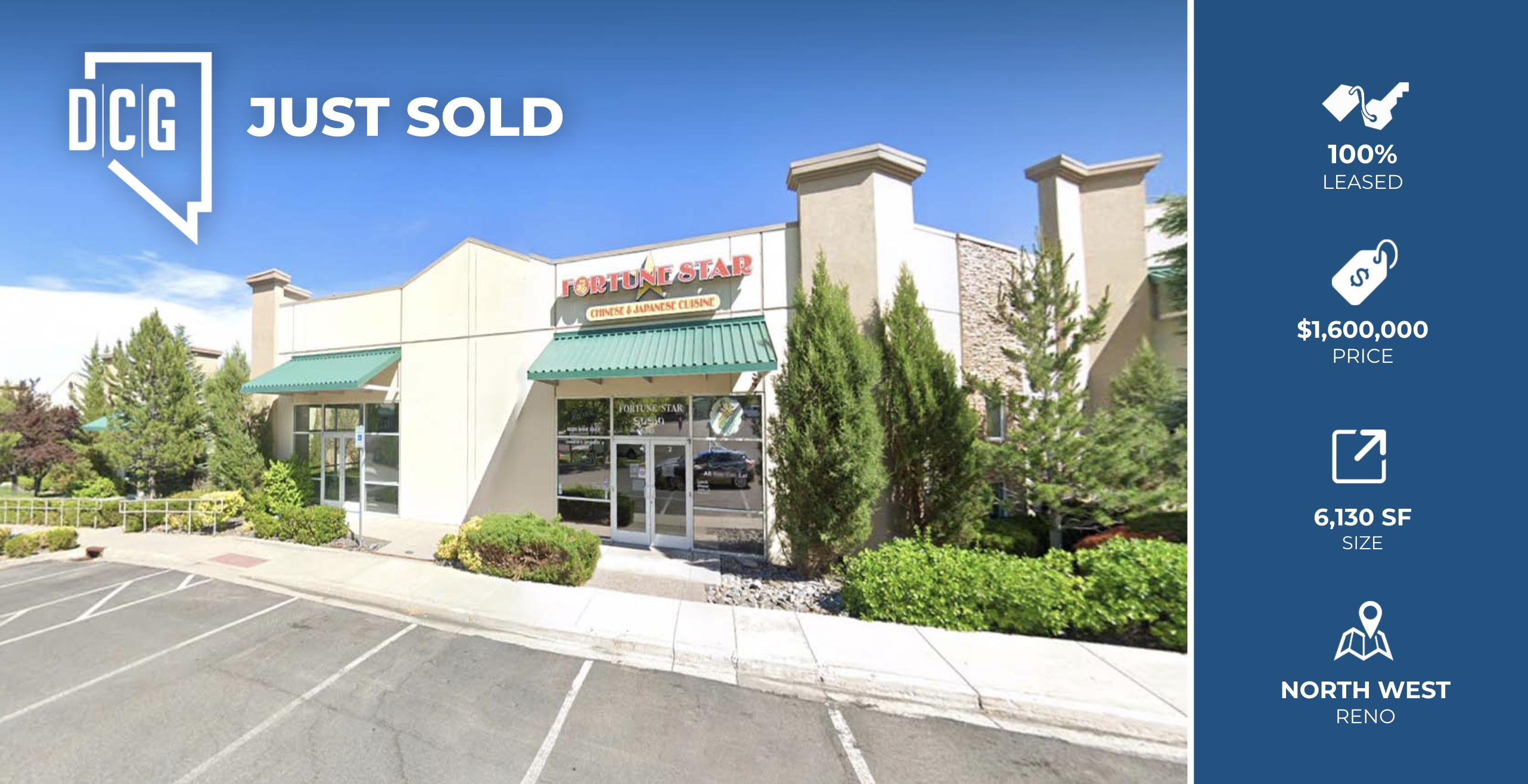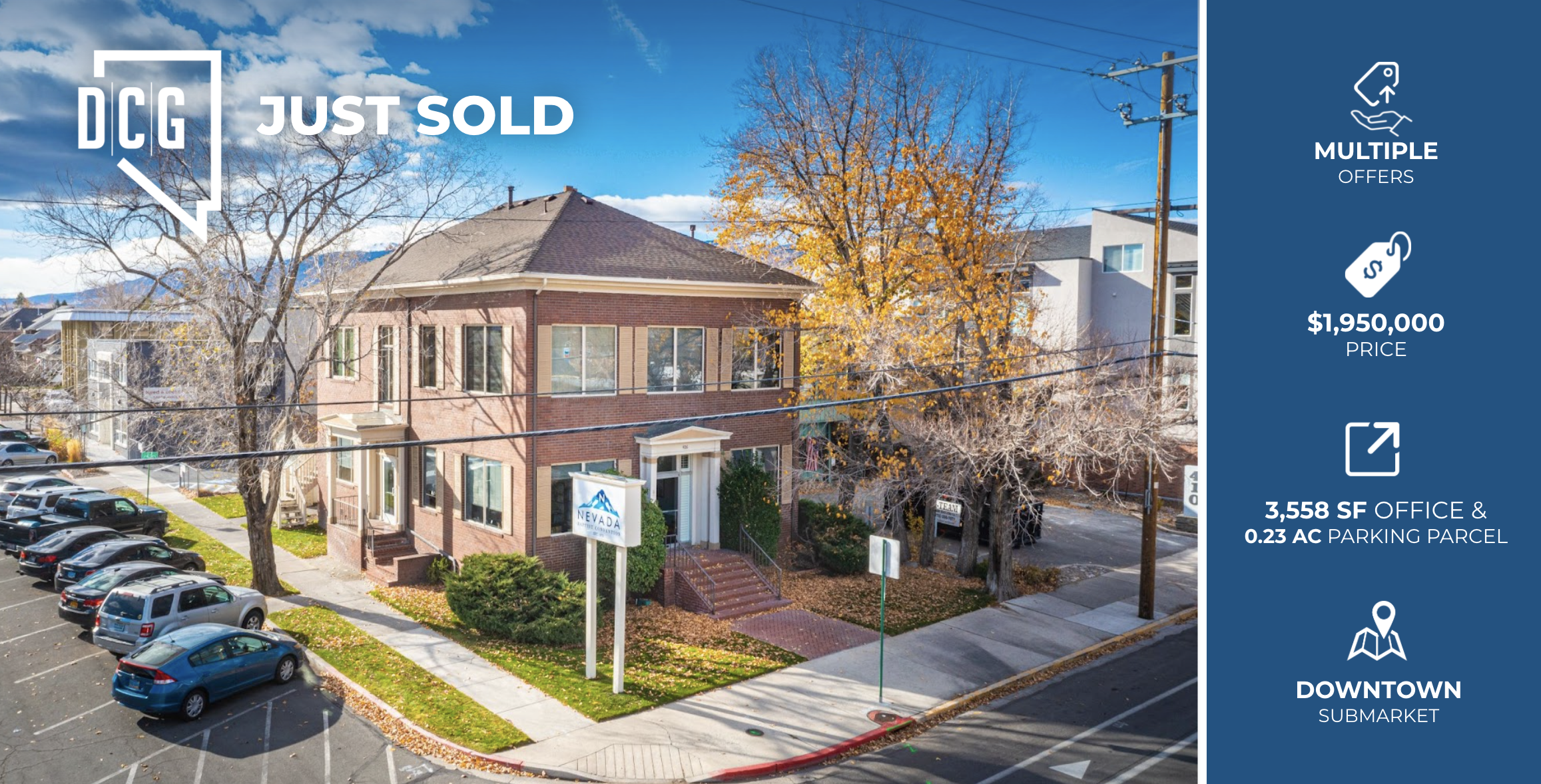Career Background
Travis began his commercial real estate career at Stark & Associates Commercial Real Estate/TCN Worldwide in Reno, starting in the role of market research and most recent Vice President prior to joining Dickson Commercial Group in 2017.
He grew up in nearby Fallon, Nevada and moved to Reno in 2000 to attend the University of Nevada. He enjoys attending Nevada Wolf Pack sporting events, golfing and spending time with his family: wife Elyse, and two young daughters, Elliott and Remy.
Professional Affiliations & Designations
Travis is a member of the Economic Development Authority of Western Nevada (EDAWN). Travis has served on the Board of Directors of The First Tee of Northern Nevada since 2012 and recently completed serving a two-year term as the Board Chair. Travis holds the Certified Commercial Investment Member (CCIM) designation which he was awarded in 2015 and in 2021 achieved the prestigious Society of Industrial and Office Realtors (SIOR) designation as an industrial specialist.
CCIM – Designation awarded in 2015
SIOR – Designation awarded in 2021
EDAWN – Economic Development of Western Nevada
The First Tee of Northern Nevada
Select Client List
- Schneider Resources, Inc
- Javelin Properties, LLC
- Humason Properties, LLC
- Tholl Fence
- S3 Development Company
- Globe Turbocharger Specialties, Inc.
- Scolari’s Food and Drug Company
Education
- University of Nevada, Reno
Testimonials
Ken and Anya Killingsworth
Helix
Travis and Peter went above and beyond for us through this process, and we appreciated their consistency in communication. They were crucial in navigating some troubled waters with city departments, and we were grateful for the strategy conversations and advice. It really felt like they were buying the building with us - our concerns were their concerns. Ultimately, we ended up with a building for a good price, and we can finally have a permanent home for our business operations. Thank you guys!
”Shaawn Cannon
Globe Turbocharger Specialties, Inc.
I reached out to Travis initially to get his advice on my family’s industrial real estate holdings. In working with him, I immediately recognized the value he could bring to the future disposition of our property. His knowledge of the industrial market was instrumental in helping our family successfully develop and implement a game plan to sell our large industrial property and eventually help us to downsize into a building that better fit our business needs. The entire process was smooth and executed to plan. I highly recommend Travis and look forward to working with him again.
”



